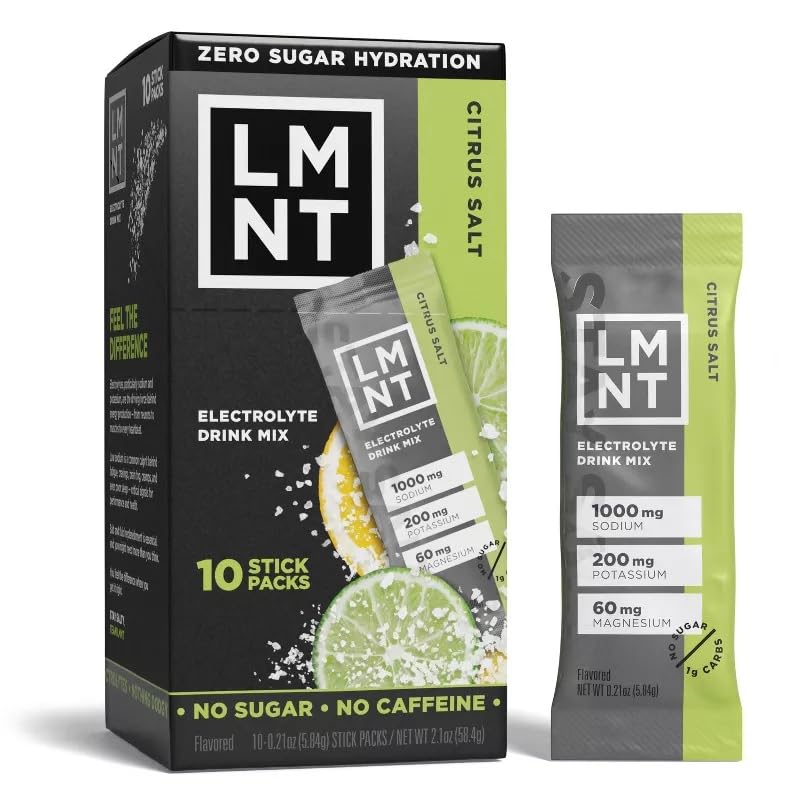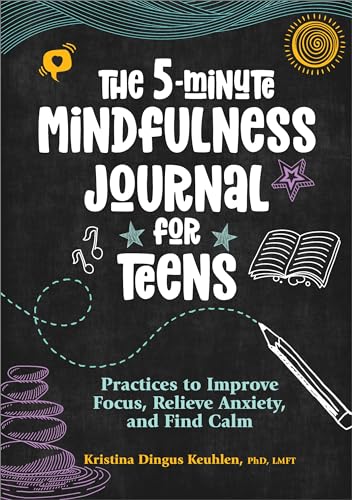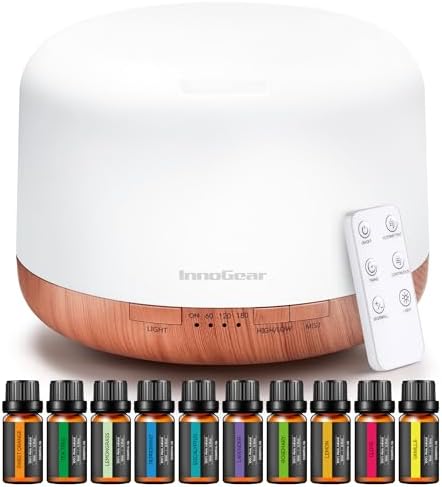
When it comes to aging, most people focus on lifespan — living longer — but what really matters is health span: how many years you live with vitality, strength, and mental clarity. Fortunately, a growing body of research shows that several lifestyle habits can meaningfully extend your health span. Here are five you can start applying now.
1. Move Your Body — Regular Physical Activity
Exercise isn’t just about aesthetics — it’s one of the most powerful tools for preserving function as we age. Regular activity helps maintain cardiovascular health, muscle mass, mitochondrial efficiency, and resilience to stress. Physical activity improves organ function, boosts antioxidant defenses, reduces inflammation, and activates pathways such as autophagy and mitophagy.
How to Implement:
- Aim for at least 150 minutes/week of moderate-intensity movement or 75 min of vigorous activity (or a mix).
- Include resistance training 2+ times weekly.
- Make movement part of your daily life (walking breaks, standing desks, active hobbies).
Recommended Products
2. Practice Time-Restricted Eating or Intermittent Fasting
Periods of reduced energy intake — whether through intermittent fasting or structured eating windows — appear to slow several aging processes. They stimulate cellular repair mechanisms, improve insulin sensitivity, reduce systemic inflammation, and promote autophagy. Emerging human data suggest that fasting can reduce frailty and preserve metabolic health.
How to Implement:
- Try a 16:8 pattern (fast 16 hours, eat within 8) or alternate-day fasting.
- Listen to your body; ensure you’re still getting macro- and micronutrients.
- Avoid extreme caloric restriction if you’re underweight, elderly, or managing chronic conditions.
Recommended Products
3. Eat a Nutrient-Dense Diet
What you eat plays a huge role in how your body ages. Diets rich in whole plants, legumes, nuts, fiber, and lean proteins supply antioxidants and anti-inflammatory compounds that defend cells from damage. Long-term studies have shown that adherence to healthy diets, when combined with other favorable habits, correlates with an extension of healthy years.
How to Implement:
- Emphasize vegetables, fruits, whole grains, legumes, and nuts.
- Limit ultra-processed foods, excess sugar, and refined carbs.
- Include lean animal or fish protein if desired; omega-3s are especially beneficial.
Recommended Products
4. Prioritize Sleep & Recovery
Even the best routines won’t last if your body and brain don’t get adequate rest. Sleep is when your body performs repair, detoxification, and cognitive consolidation. Research consistently links good sleep quality and duration with lower rates of chronic disease and healthier aging.
How to Implement:
- Aim for 7–8 hours of quality sleep per night.
- Keep a consistent sleep schedule.
- Create a restful environment: dark, cool, quiet, electronics out.
- Prioritize daytime naps or rest when under stress.
Recommended Products
5. Manage Stress, Cultivate Purpose & Social Connection
Chronic stress, isolation, and a lack of purpose accelerate aging, both through biological pathways and lifestyle behaviors. Stress reduction, social connection, and avoiding smoking or excessive alcohol are strongly tied to longevity. Healthy habits significantly extend lifespan even among people with genetic predispositions.
How to Implement:
- Engage in mindfulness, meditation, or breathing practices.
- Build and maintain meaningful relationships.
- Find purpose through work, passion projects, or service.
- Limit substance use (tobacco, excess alcohol, etc.).
Recommended Products
Bringing It All Together: Your Health Span Blueprint
These five habits — movement, strategic fasting, nutrient-rich eating, adequate sleep, and psychosocial care — target core mechanisms of aging: oxidative stress, inflammation, DNA damage, mitochondrial decline, and cellular repair. Studies consistently show that the more of these habits you adopt, the stronger the protective effects become.
Next Steps:
- Pick one habit to strengthen first (e.g., daily walk or sleep routine)
- Track progress for 30 days
- Gradually layer in others
- Use metrics (sleep quality, strength, mood) to gauge impact
- Share your journey — transparency builds trust and community
“Small changes compound into profound resilience over time.”























Leave a Reply